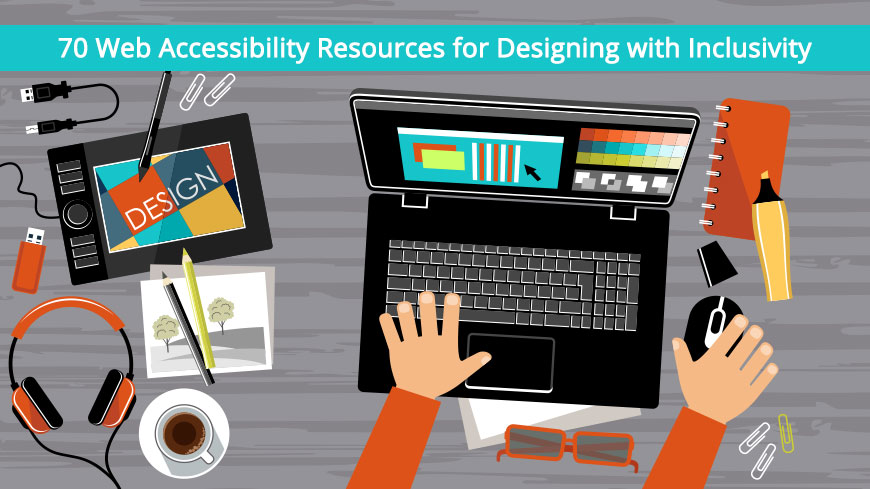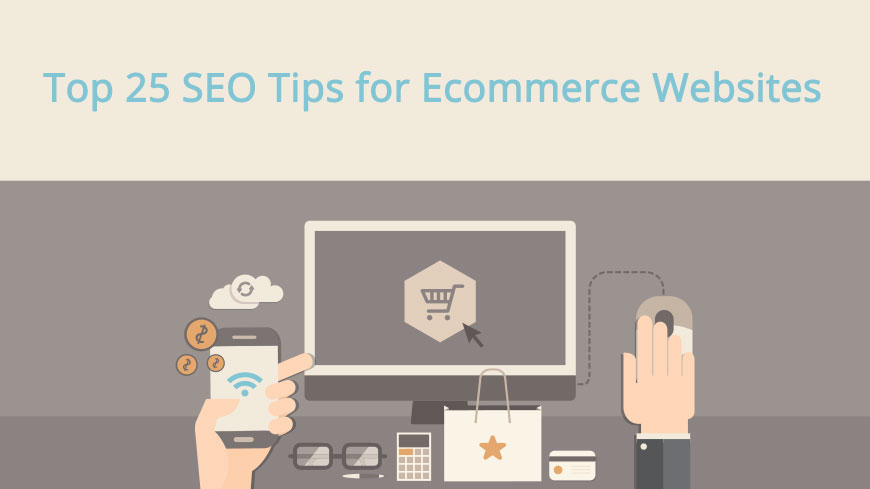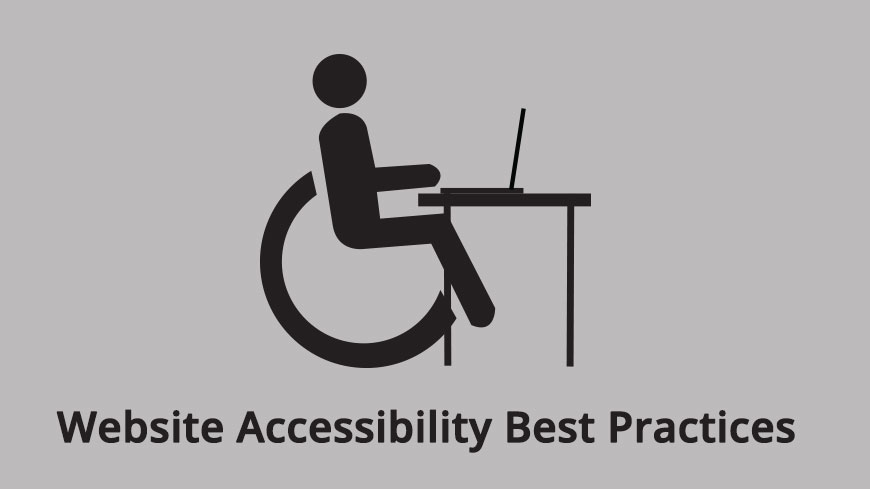How to Password Protect a Site Using Htaccess October 17, 2017 by Garenne Bigby

You’ve likely come across a website or a webpage that has generated a pop-up box asking you for a username and password. Without either or the right combination of both, you can’t access that page or website.
There are numerous reasons for wanting to password protect a site or a portion thereof. It adds security to your content by giving you control over who has access to the information. There are also a number of ways for you to password protect your site or certain pages thereof, including the use of JavaScript, PHP, or the Htaccess file.
Read more70 Web Accessibility Resources for Designing with Inclusivity October 16, 2017 by Garenne Bigby

Web accessibility is the principle of preventing discrimination against website users with disabilities. More specifically, it means having websites and web content that people with disabilities are able to access, comprehend, navigate, and interact with, allowing them to contribute.
In essence, “web accessibility” is a blanket term that serves to encompass all disabilities that do otherwise affect access to the internet. This includes visual, auditory, cognitive, neurological, physical, and speech impairments. Older users, whose abilities are changing due to aging, can also be included in this thought.
There are millions of people with disabilities who deserve to have equal access to website and web content. Sadly, most websites and website software currently incorporate accessibility barriers. These make it increasingly difficult, often impossible, for users with disabilities to enjoy the full benefits of the online world that most of us take for granted. Take a look at the following blog post, “How Website Accessibility Affect Persons with Disabilities”, to see the challenges faced by users with different disabilities.
Read moreTop 25 SEO Tips for eCommerce Websites October 15, 2017 by Garenne Bigby

These days, almost everyone is online. We don’t just browse for information, watch YouTube videos, play BuzzFeed quizzes, and interact on social media either. Today, almost everything can be done online, including buying and selling commerce.
Ecommerce isn’t anything new, of course. It’s been around since 1991, when the internet was made available for commercial use. But what has certainly changed is the sheer number of ecommerce sites available.
Just as almost everyone is buying online, the vast majority of internet users are also selling online. While many make use of sites such as Gumtree, an increasing number of people are starting up their own ecommerce sites. One of the obvious reasons is that with an online store, you simply don’t have all of the overhead expenses of a brick and mortar shop.
Read moreWebsite Accessibility Best Practices and Standards October 14, 2017 by Garenne Bigby

In recent years, there have been a number of lawsuits and court cases regarding web accessibility. While physical venues have clearly defined regulations to adhere by, there has been no such official guides for websites. Seven years ago, the Department of Justice (DOJ) began laying down the foundations for just such a document, a process which was expected to come to fruition in 2018.
However, thanks to a January 30th Executive Order signed by President Trump, it is highly unlikely that the DOJ’s adoption of the Web Content Accessibility Guidelines (WCAG) will still be able to take place. In the meantime, accessibility lawsuits are expected to increase in number as website owners have a lack of official, governmental regulation on recommended practices.
Which is why we’ve decided to research what the best accessibility practices are, and provide you with the guidance being withheld from you.
Read moreHow Website Accessibility Affect Persons with Disabilities October 12, 2017 by Garenne Bigby

Web users are a very diverse group of people. The internet spans the globe and allows people across ages and nations to communicate and interact. Each user brings unique perspectives, histories and opinions to the worldwide forum. There are, however, some differences between the users. These differences are not limited to just location or language differences. Some web users have lives that are complicated with lifelong disabilities. These extra challenges do not stop them from getting the benefits of being connected to the digital world.
Accessibility is necessary and can be added to web functionality by means of tools, additional software or even special training. Having a disability might be an obstacle, but there are still plenty of ways to navigate the web.
Read moreCreate Visual Sitemaps
Create, edit, customize, and share visual sitemaps integrated with Google Analytics for easy discovery, planning, and collaboration.
Popular Tags
Search Engine Optimization SEO Accessibility Testing Create Sitemaps Sitemaps UX User Experience Sitemap Generator Content Audit Visual Sitemap GeneratorGet Started with DYNO Mapper
Join thousands of professionals using the most advanced visual sitemap tool to simplify discovery, IA, and content planning.
👉 Start Your Free Trial — No credit card required.



